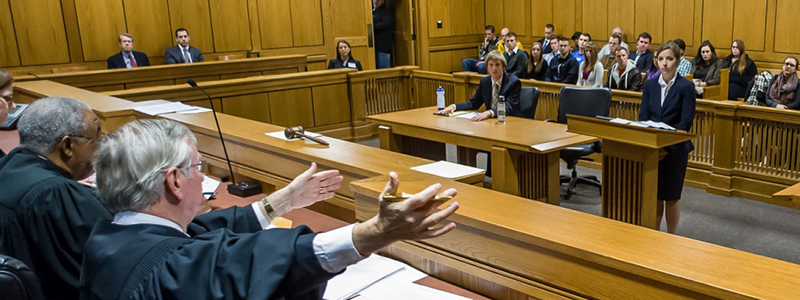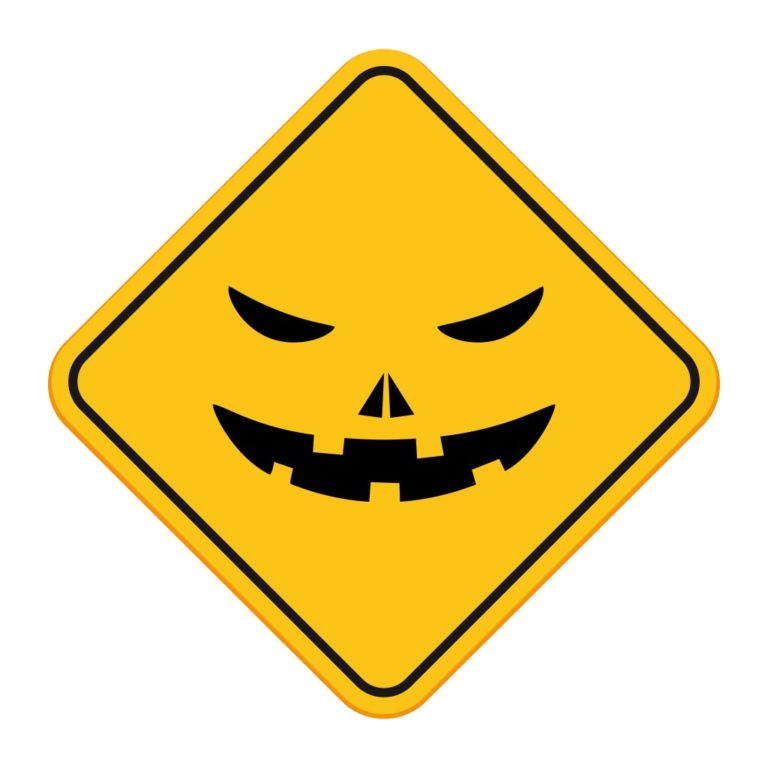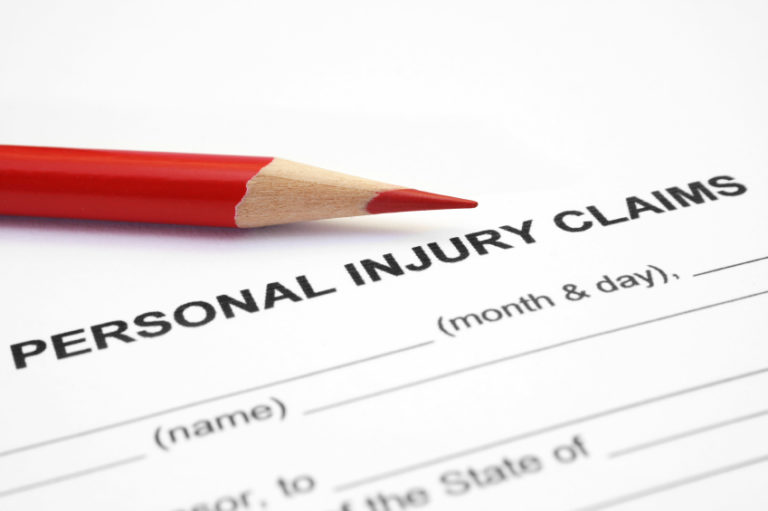A Guide to Understanding Tort Law Part 1: What is an Intentional Tort?
You may have heard the term intentional tort at some point in time. If you haven’t, you’ve likely never filed a personal injury claim.
Any time you file a personal injury claim in court, you’re dealing with tort law. It’s important to understand what this branch of the law is in order to make the most out of your claim.
There are 2 types of torts in Canadian Tort Law: intentional and unintentional torts.
In this 2-part series, we’re going to go over both sections and help you understand what you’re dealing with.
Right now, we’re going to guide you through intentional torts and tell you everything you need to know about making an intentional tort claim.

A Brief Overview of Canadian Tort Law
The main purpose of tort law is to ensure that you seek compensation when someone else wrongs you.
Canadian Tort Law holds anyone liable who causes damage to you or your property. Its primary function is to compensate people who have suffered a loss or an injury.
Everyone has a legal duty to uphold the law. A tort claim is made when someone breaches that legal duty.
Tort Law is also meant to deter people from harming others and maintaining a responsibility to society. However, people do not always obey the law, and that’s when it’s time to make a tort settlement claim.

What is an Intentional Tort Claim?
An intentional tort is damage or harm that someone does to you on purpose. This includes anything that causes harm to either you or your property.
You could be eligible for an intentional tort claim if you’re the victim of unwanted physical contact, vandalism to your property, or sexual assault, to name a few examples.
Sometimes intentional torts are charged under the Canadian Criminal Code due to their aggravated nature. When this happens, the person is charged under both the Criminal Code and Tort Law.
Even if someone didn’t mean to hurt you as much as they did, it’s still negligence. You could still be eligible to seek compensation for damages in private law court.

Types of Intentional Torts
Here are some of the most common types of intentional torts:
- Assault
- Battery
- Sexual harassment or assault
- Vandalism
- Intentional infliction of emotional distress
- Fraud
- Defamation
- False imprisonment
- Invasion of Privacy
- Trespassing
Assault claims are generally the most common type of intentional tort claims in Ontario.

There are 3 main defences from intentional tort claims. If any of these factors are found, the defendant will not be found liable. They are consent, self-defence, and legal authority.
- Consent: if the victim had consented to the actions that caused their injury, they cannot seek damages. When you consent to something, you are voluntarily assuming the risk of injury.
For example, if you are in a boxing match, you have consented to any injuries and cannot press assault charges against your opponent.
Remember that consent can also be revoked. If the injury occurs after consent was revoked, the defendant is liable.
Additionally, there is the question of capacity to consent. If the consent was given by someone who is either too young to give consent, who is intoxicated, or who is mentally incompetent, the consent is not valid.
- Self-Defence: when the defendant is able to prove self-defence they will not be held liable for your injuries because they acted in protection of themselves, a third party, or their property.
However, to prove self defence, the defendant will have to be able to prove that they truly believed there was a risk of danger. It cannot simply be a counter-attack to someone throwing a punch, and has to be defensive in nature.
- Legal Authority: usually applied to parents, teachers, airline stewards, or police officers, this clause does not hold anyone liable who had legal authority to take the actions they did.

What You Need to Know When Taking Your Claim to Court
To get compensation for an intentional tort claim in court, you have to prove that the defendant intended to cause you harm. This is called the Burden of Proof.
It’s up to the plaintiff (you) to provide enough information that proves the following things:
- The defendant intended to cause you harm.
- Your injuries were directly caused by the incident.
The defendant will then be held to the Standard of Liability. To determine this, the judge will analyze the case and figure out if the defendant owed you a duty of care that was then breached.
Sometimes you will also need to prove that the defendant’s intention was to cause those specific consequences. However, this varies from case to case depending on the severity of the injury and situation.

How to File a Settlement Claim
Here is what you need to do to make a tort settlement claim in Ontario.
The first thing you need to do is contact a personal injury lawyer who will help you go over your options.
Collect as much evidence as you can, including photos, police reports, and medical documents. The more proof you can gather, the stronger your case will be.
Pay attention to the Ontario Statute of Limitations. You have 2 years from the date of your accident to file your claim.
As far as what you get, that depends on the severity of your injury.
You could be awarded compensation based on the expenses you’ve had to pay, or lost work due to your injury. Here are some of the potential types of compensation you could get:
- Pain and suffering
- Loss of income due to missed work (both now and in the future)
- Medical bills and treatment costs
- Loss of enjoyment of life

Conte Jaswal Will Help You With Your Claim
When someone wrongs you, they need to be held accountable for their actions.
At Conte Jaswal, we know what it’s like to live with an injury someone else caused. That’s why we are empathetic to you and will fight passionately to get you the compensation you deserve.
We work with clients who have a variety of injuries, all with one goal: to get the compensation they deserve to carry on with their life.
Let us fight for you. Book a free, no-obligation consultation to sit down with us and go over your options.
Contact Conte Jaswal now and get started on your tort settlement claim today.





